Aristide book revealed major oil and natural gas deposits in Haiti.
Latest news, World news Friday, March 11th, 2011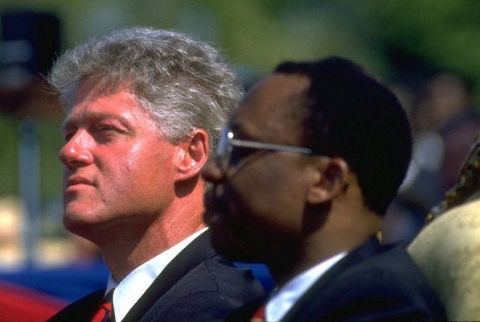
Major oil discoveries in several parts of Haitian territory explains why two Bush Presidents and now special UN Haiti Envoy Bill Clinton have made Haiti such a priority. As well, it explains why Washington moved so quickly to remove– twice– the democratically elected President Aristide, whose economic program for Haiti included, among other items, proposals for developing Haitian natural resources for the benefit of the Haitian people.
Marguerite Laurent (‘Ezili Dantò’), president of the Haitian Lawyers’ Leadership Network (HLLN) who served as attorney for the deposed Aristide, notes that when Aristide was President — up until his US-backed ouster during the Bush era in 2004 — he had developed and published in book form his national development plans. These plans included, for the first time, a detailed list of known sites where the resources of Haiti were located. The publication of the plan sparked a national debate over Haitian radio and in the media about the future of the country. Aristide’s plan was to implement a public-private partnership to ensure that the development of Haiti’s oil, gold and other valuable resources would benefit the national economy and the broader population, and not merely the five Haitian oligarchic families and their US backers.
Soon after the publication of Aristide’s book the Bush-Cheney Administration deposed the democratically elected President of Haiti, Jean-Baptiste Aristide. A year later, in 2005, a team of geologists from the Institute for Geophysics at the University of Texas began an ambitious and thorough two-phase mapping of all geological data of the Caribbean Basins. The project is due to be completed in 2011. Directed by Dr. Paul Mann, it is called “Caribbean Basins, Tectonics and Hydrocarbons.” It is all about determining as precisely as possible the potential for hydrocarbons—oil and gas. The sponsors of the multi-million dollar research project under Mann are the world’s largest oil companies, including Chevron, ExxonMobil, the Anglo-Dutch Shell and BHP Billiton.
In March 2004, some months before the University of Texas and American Big Oil launched their ambitious mapping of the hydrocarbon potentials of the Caribbean, a Haitian writer, Dr. Georges Michel, published online an article titled ‘Oil in Haiti.’ In it, Michel wrote,
… .It has been no secret that deep in the earthy bowels of the two states that share the island of Haiti and the surrounding waters that there are significant, still untapped deposits of oil. One knows not why they are still untapped. Since the early twentieth century, the physical and political map of the island of Haiti, erected in 1908 by Messrs. Alexander Poujol and Henry Thomasset, reported a major oil reservoir in Haiti near the source of the Rio Todo El Mondo, Tributary Right Artibonite River, better known today as the River Thomonde.
Findings from a 1979 geological study in Haiti of 11 exploratory oil wells drilled at the Plaine du Cul-de-sac on the Plateau Central and at L’ile de La Gonaive reveal: “Surface (tentative) indicators for oil were found at the Southern peninsula and on the North coast, explained the engineer Anglade, who strongly believes in the immediate commercial viability of these explorations.
Journalist Alphonse cites an August 16, 1979 memo by Haitian attorney Francois Lamothe, in which he noted that “five big wells were drilled” down to depths of 9000 feet and that a sample that “underwent a physical-chemical analysis in Munich, Germany” had “revealed tracks of oil.”
Despite the promising 1979 results in Haiti, Dr. Georges Michel reported that, “the big multinational oil companies operating in Haiti pushed for the discovered deposits not to be exploited.” Oil exploration in and offshore Haiti ground to a sudden halt as a result.
Claims that Haitian oil reserves could be vastly larger than those of Venezuela have since appeared in other geological survey reports. Then in 2010 the financial news site Bloomberg News confirmed the existence of oil and natural gas deposits in Haiti with the following: The Jan. 12 earthquake was on a fault line that passes near potential gas reserves, said Stephen Pierce, a geologist who worked in the region for 30 years for companies that included the former Mobil Corp. The quake may have cracked rock formations along the fault, allowing gas or oil to temporarily seep toward the surface”
Leopoldo Espaillat Nanita, former head of the Dominican Petroleum Refinery (REFIDOMSA) has stated, “there is a multinational conspiracy to illegally take the mineral resources of the Haitian people.” Haiti’s minerals include gold, the valuable strategic metal iridium and oil, apparently lots of it.
Now, in the wake of the devastating earthquake of January 12, 2010 the United States military has taken control of Haiti’s four airports and presently has some 20,000 troops in the country. Journalists and international aid organizations have accused the US military of being more concerned with imposing military control, which it prefers to call “security,” than with bringing urgently needed water, food and medicine from the airport sites to the population.
A US military occupation of Haiti under the guise of earthquake disaster ‘relief’ would give Washington and private business interests tied to it a geopolitical prize of the first order. Prior to the January 12 quake, the US Embassy in Port-au-Prince was the fifth largest US embassy in the world, comparable to its embassies in such geopolitically strategic places as Berlin and Beijing. With huge new oil finds off Cuba being exploited by Russian companies, with clear indications that Haiti contains similar vast untapped oil as well as gold, copper, uranium and iridium, with Hugo Chavez’ Venezuela as a neighbor to the south of Haiti, a return of Aristide or any popular leader committed to developing the resources for the people of Haiti, — the poorest nation in the Americas — would constitute a devastating blow to the world’s sole Superpower. The fact that in the aftermath of the earthquake, UN Haiti Special Envoy Bill Clinton joined forces with Aristide foe George W. Bush to create something called the Clinton-Bush Haiti Fund ought to give everyone pause.
According to Marguerite Laurent of the Haitian Lawyers’ Leadership Network, under the guise of emergency relief work, the US, France and Canada are engaged in a balkanization of the island for future mineral control. She reports rumors that Canada wants the North of Haiti where Canadian mining interests are already present. The US wants Port-au-Prince and the island of La Gonaive just offshore – an area identified in Aristide’s development book as having vast oil resources, and which is bitterly contested by France. She further states that China, with UN veto power over the UN occupied country, may have something to say against such a US-France-Canada carve up of the vast wealth of the nation.
Who would have thought that the poorest country in the Western-Hemisphere is actually the richest country in the Western Hemisphere. The Haitian people are to this day denied being economically self sufficient by US, Canada and France. The Haitian people are not only victims of the January 12, 2010 earthquake they have been and continue to be victims of foreign political corruption and outright thievery.
Short URL: https://presscore.ca/news/?p=1476

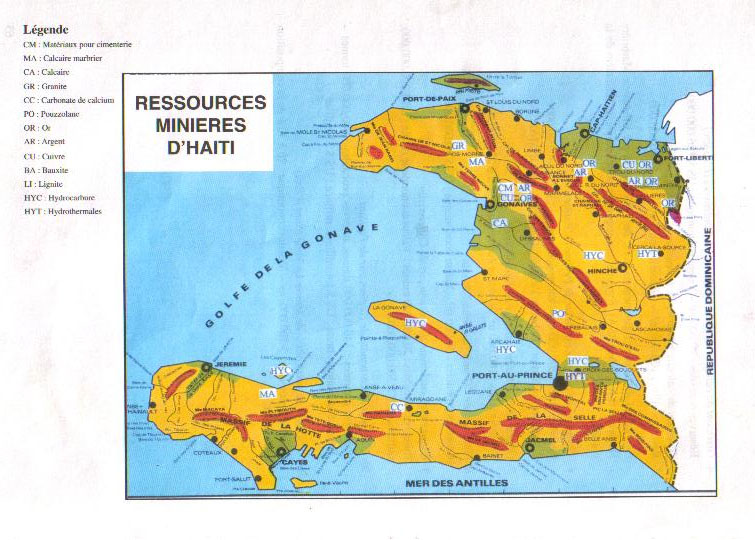
 The Halifax International Security Forum was founded in 2009 as a propaganda program within the German Marshall Fund (founded June 5, 1972 by West German Chancellor Willy Brandt) by the Crown in Canada using Crown Corp ACOA & DND funds. The Halifax International Security Forum is a front that is used to recruit top US, UK and Canadian gov and military officials as double agents for Canada's WWI, WWII enemy and wage new Vatican Germany Cold War.
High Treason: s.46 (1) Every one commits high treason who, in Canada (c) assists an enemy at war with Canada, ..., whether or not a state of war exists". Every one who, in Canada assists Canada's enemies wage "piecemeal WWIII" Cold War by organizing, funding and participating in the Germany government politically and militarily benefitting / lead Halifax International Security Forum is committing high treason.
The Halifax International Security Forum was founded in 2009 as a propaganda program within the German Marshall Fund (founded June 5, 1972 by West German Chancellor Willy Brandt) by the Crown in Canada using Crown Corp ACOA & DND funds. The Halifax International Security Forum is a front that is used to recruit top US, UK and Canadian gov and military officials as double agents for Canada's WWI, WWII enemy and wage new Vatican Germany Cold War.
High Treason: s.46 (1) Every one commits high treason who, in Canada (c) assists an enemy at war with Canada, ..., whether or not a state of war exists". Every one who, in Canada assists Canada's enemies wage "piecemeal WWIII" Cold War by organizing, funding and participating in the Germany government politically and militarily benefitting / lead Halifax International Security Forum is committing high treason.
 Please take a moment to sign a petition to
Please take a moment to sign a petition to 











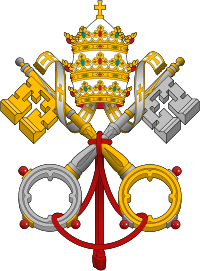






















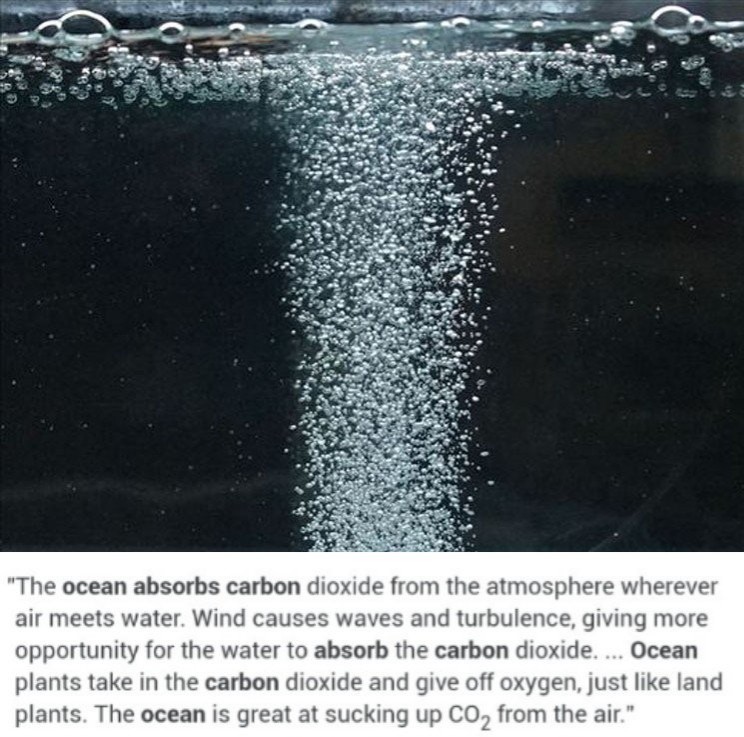
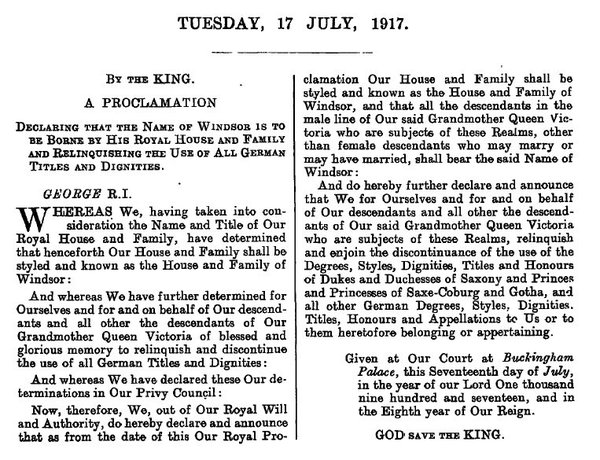




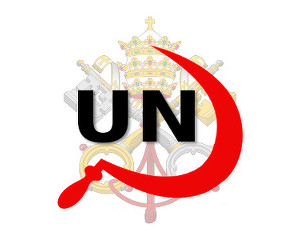
 1917 Code of Canon Law, Canon 185 invalidates (voids) all papacies since October 26, 1958 due to the fact Cardinal Giuseppe Siri was elected Pope on the Third ballot on Oct 26 1958 but the new Pope Gregory XVII was illegally prevented from assuming the office. A Pope was elected on October 26, 1958. Thousands of people witnessed a new Pope being elected by seeing white smoke and millions were informed by Vatican radio broadcasts beginning at 6:00 PM Rome time on October 26, 1958. The papacy of Francis, Benedict, John Paul II, John Paul I, Paul VI, John XXIII and any and all of their respective doctrines, bulls, letter patents and the Second Vatican Council are all invalidated (having no force, binding power, or validity) by Canon 185 because the 1958 conclave of cardinals elected Cardinal Giuseppe Siri Pope on Oct 26 1958. Cardinal Giuseppe Siri accepted the papacy by taking the name Pope Gregory XVII but was illegally prevented from assuming his elected office.. According to Canon 185 Cardinal Angelo Giuseppe Roncalli illegally assumed the papacy 2 days later by fraud and grave fear, unjustly inflicted against Cardinal Giuseppe Siri who was lawfully elected Pope Gregory XVII. Because no Pope has been lawfully elected since October 26, 1958 the Holy See (la Santa Sede/Seat) remains vacant.
1917 Code of Canon Law, Canon 185 invalidates (voids) all papacies since October 26, 1958 due to the fact Cardinal Giuseppe Siri was elected Pope on the Third ballot on Oct 26 1958 but the new Pope Gregory XVII was illegally prevented from assuming the office. A Pope was elected on October 26, 1958. Thousands of people witnessed a new Pope being elected by seeing white smoke and millions were informed by Vatican radio broadcasts beginning at 6:00 PM Rome time on October 26, 1958. The papacy of Francis, Benedict, John Paul II, John Paul I, Paul VI, John XXIII and any and all of their respective doctrines, bulls, letter patents and the Second Vatican Council are all invalidated (having no force, binding power, or validity) by Canon 185 because the 1958 conclave of cardinals elected Cardinal Giuseppe Siri Pope on Oct 26 1958. Cardinal Giuseppe Siri accepted the papacy by taking the name Pope Gregory XVII but was illegally prevented from assuming his elected office.. According to Canon 185 Cardinal Angelo Giuseppe Roncalli illegally assumed the papacy 2 days later by fraud and grave fear, unjustly inflicted against Cardinal Giuseppe Siri who was lawfully elected Pope Gregory XVII. Because no Pope has been lawfully elected since October 26, 1958 the Holy See (la Santa Sede/Seat) remains vacant.
 Hold the Crown (alias for temporal authority of the reigning Pope), the Crown appointed Governor General of Canada David Lloyd Johnston, the Crown's Prime Minister (servant) Stephen Joseph Harper, the Crown's Minister of Justice and Attorney General Peter Gordon MacKay and the Crown's traitorous military RCMP force, accountable for their crimes of treason and high treason against Canada and acts preparatory thereto. The indictment charges that they, on and thereafter the 22nd day of October in the year 2014, at Parliament in the City of Ottawa in the Region of Ontario did, use force and violence, via the staged false flag Exercise Determined Dragon 14, for the purpose of overthrowing and besieging the government of Canada contrary to Section 46 of the Criminal Code. In a society governed by the rule of law, the government and its officials and agents are subject to and held accountable under the law. Sign the online
Hold the Crown (alias for temporal authority of the reigning Pope), the Crown appointed Governor General of Canada David Lloyd Johnston, the Crown's Prime Minister (servant) Stephen Joseph Harper, the Crown's Minister of Justice and Attorney General Peter Gordon MacKay and the Crown's traitorous military RCMP force, accountable for their crimes of treason and high treason against Canada and acts preparatory thereto. The indictment charges that they, on and thereafter the 22nd day of October in the year 2014, at Parliament in the City of Ottawa in the Region of Ontario did, use force and violence, via the staged false flag Exercise Determined Dragon 14, for the purpose of overthrowing and besieging the government of Canada contrary to Section 46 of the Criminal Code. In a society governed by the rule of law, the government and its officials and agents are subject to and held accountable under the law. Sign the online  Two of the most obvious signs of a dictatorship in Canada is traitorous Stephen Harper flying around in a "military aircraft" and using Canadian Special Forces "military" personnel from JTF2 and personnel from the Crown's traitorous martial law "military" RCMP force as his personal bodyguards.
Two of the most obvious signs of a dictatorship in Canada is traitorous Stephen Harper flying around in a "military aircraft" and using Canadian Special Forces "military" personnel from JTF2 and personnel from the Crown's traitorous martial law "military" RCMP force as his personal bodyguards.

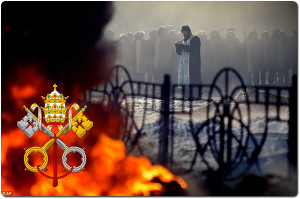




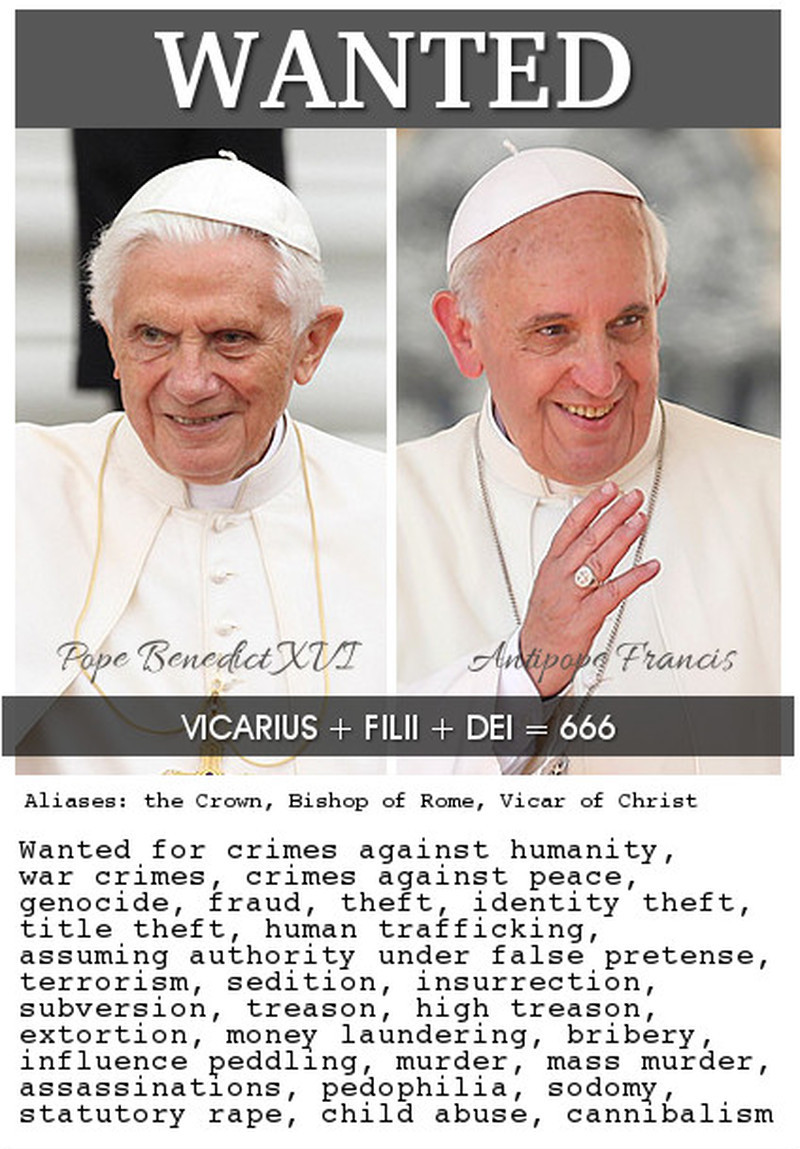









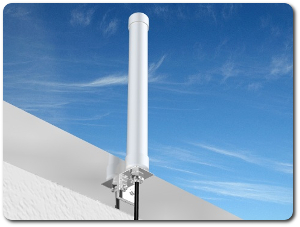
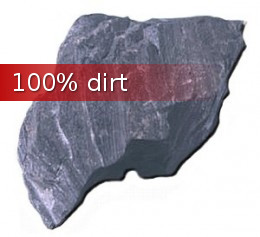




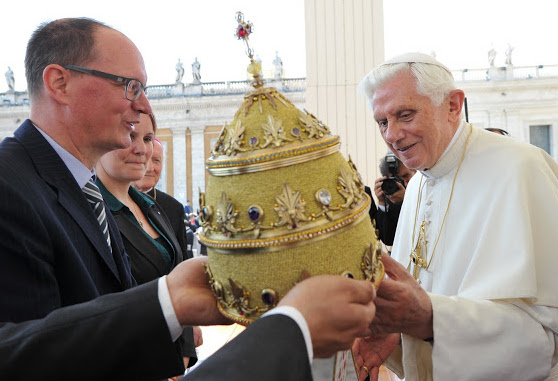











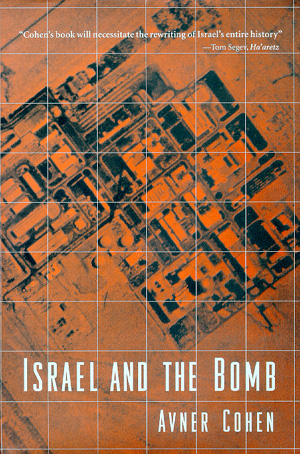


French scientists Ginette and Daniel Mathurin also disclosed that Haitian soil is rich in oil and gas. They have identified 20 oil sites and 5 of them are considered of great importance by specialists and politicians.
“The Central Plateau, including the region of Thomonde, the plain of the cul-de-sac and the bay of Port-au-Prince are full of hydrocarbons, “Mathurin said adding that the oil reserves of Haiti are more important than those of Venezuela . “An Olympic pool compared to a glass of water that is the comparison to illustrate the importance of oil Haitian compared with those of Venezuela,” he explains. We already know that Venezuela is one of the world’s largest producers of oil.
Daniel Mathurin investigations revealed that several previous governments have made it possible to verify the existence of these important oilfields. He recalls that a 2004 document of Haiti’s Fanmi Lavalas party, had specified the numerous sites of oil in Haiti.
According to Daniel and Ginette Mathurin, the Lake District, with cities like Thomazeau and Cornillon, contains important oilfields.
Asked about the non-operation of those sites, Ginette Mathurin said that these deposits are declared strategic reserves of the United States of America.
The book being referred to in the above article was titled – “Investing In People: Lavalas White Book (Investir Dans L’Humain). In this book Aristide revealed that the Haitian majority “were not only told where the resources were, but that — they did not have the skills and technology to actually extract the gold, to extract the oil.”